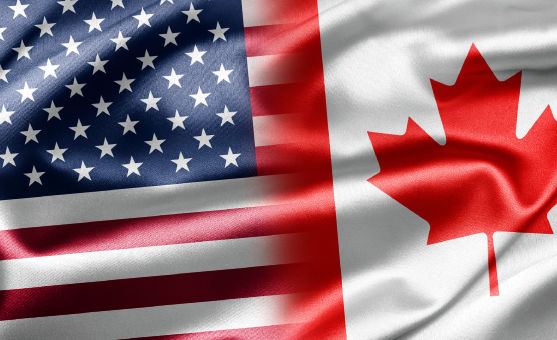A Federal Court judge has ruled that a Canada-U.S. agreement that allows an exchange of tax information under the Foreign Account Tax Compliance Act (FATCA) is not illegal. But the door has been left open for the two plaintiffs to pursue a constitutional challenge.
Under an intergovernmental agreement (IGA) with the U.S. to help the exchange of tax information, Canadian financial institutions must report on their U.S. clients to Canada Revenue Agency, which then sends the information to the U.S. Internal Revenue Service, a move basically designed to prevent offshore tax evasion by U.S. taxpayers.
Virginia Hillis and Gwen Deegan both live in Canada and have never worked or filed taxes in the U.S. About a year ago they launched a legal and constitutional challenge of the government’s approval to move ahead with FATCA under the IGA. The two claimed FATCA allows their financial information to be seized without a warrant, discriminates against “U.S. persons,” and violates their rights under the Canadian Charter of Rights and Freedoms.
Federal Court Judge Luc Martineau concluded in September that the collection and disclosure of the information is “legally authorized” and “not inconsistent” with a tax treaty between Canada and the U.S.
However, while the judge ruled that the disclosure of the information is legal, he also did not rule on its constitutionality.
Judge Martineau said he made his ruling “without prejudice to [the plaintiffs’] right to pursue their claim that the impugned provisions are ultra vires or inoperative because they are unconstitutional or otherwise unjustifiably infringe their Charter rights.”
The Investment Industry Association of Canada (IIAC) was pleased with the decision, but was also looking forward to a constitutionality ruling.
“IIAC members appreciate having a timely decision that provides certainty around existing procedures, but we also await the court’s hearing and decision on the constitutional issues,” said Andrea Taylor, IIAC’s managing director, in response to the ruling.
There are an estimated one million “U.S. persons” living in Canada. Many people who were born in the U.S. but are now Canadian citizens have never been aware of their tax-filing obligations, but may be caught up in FACTA.







